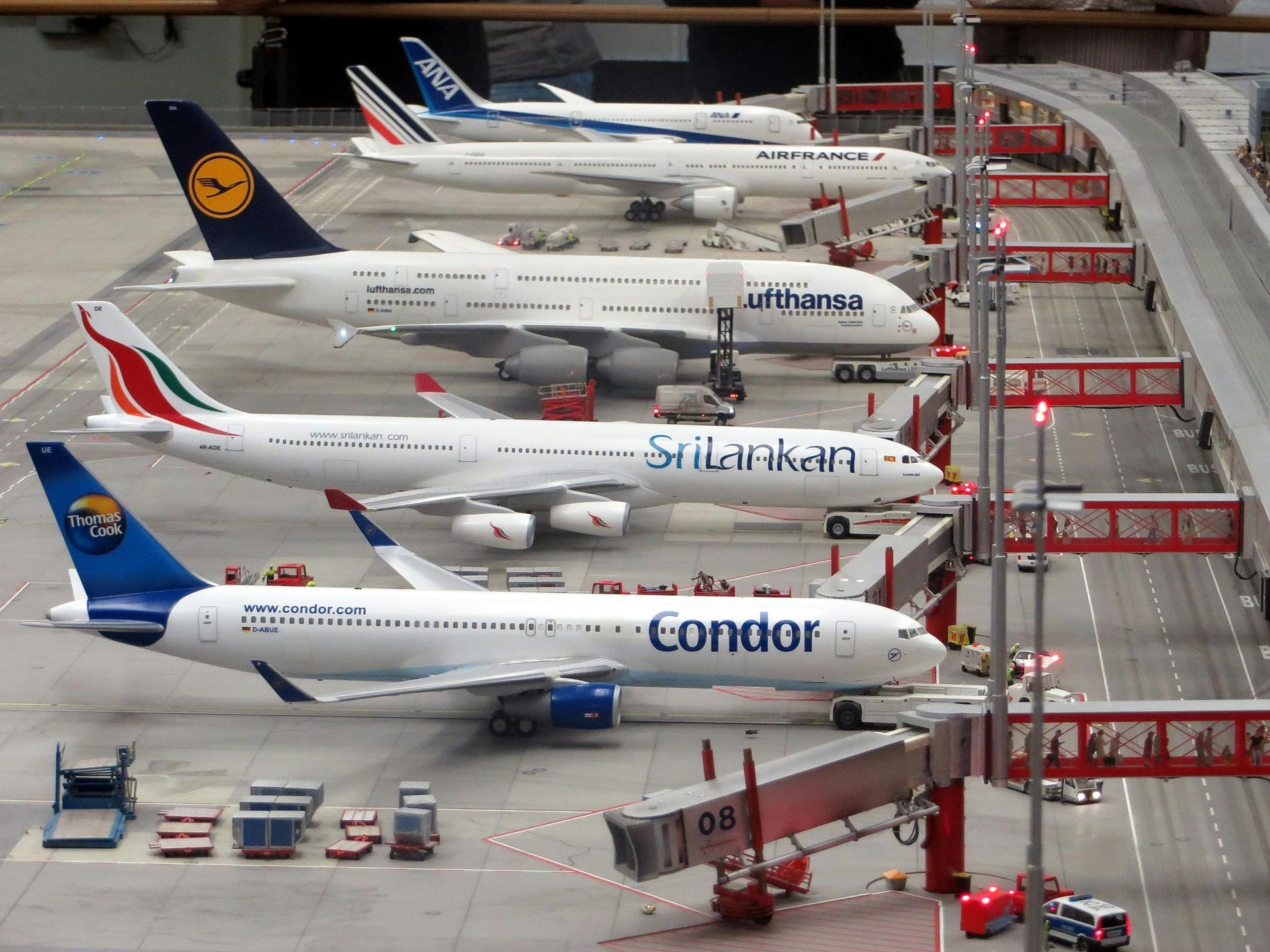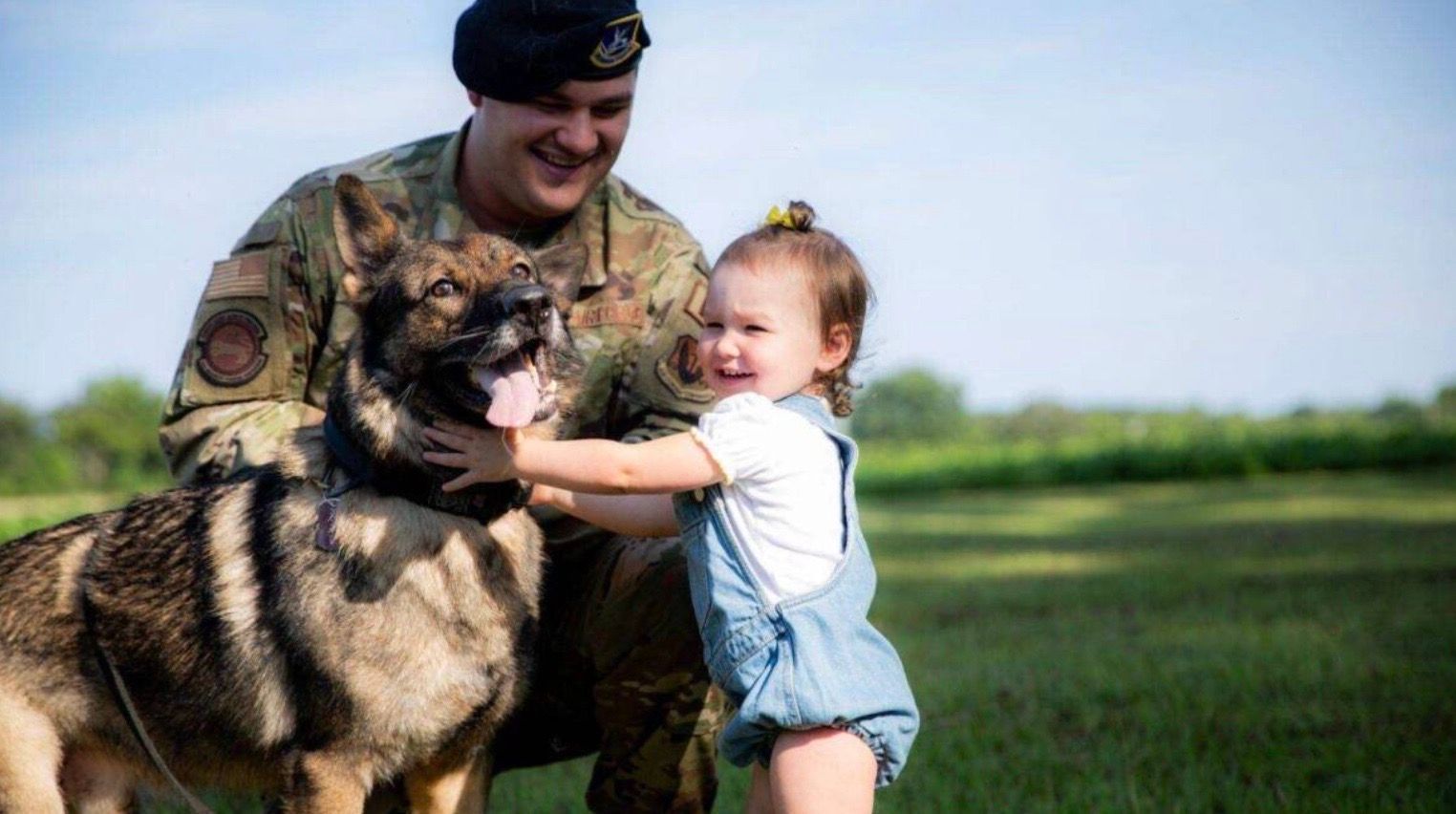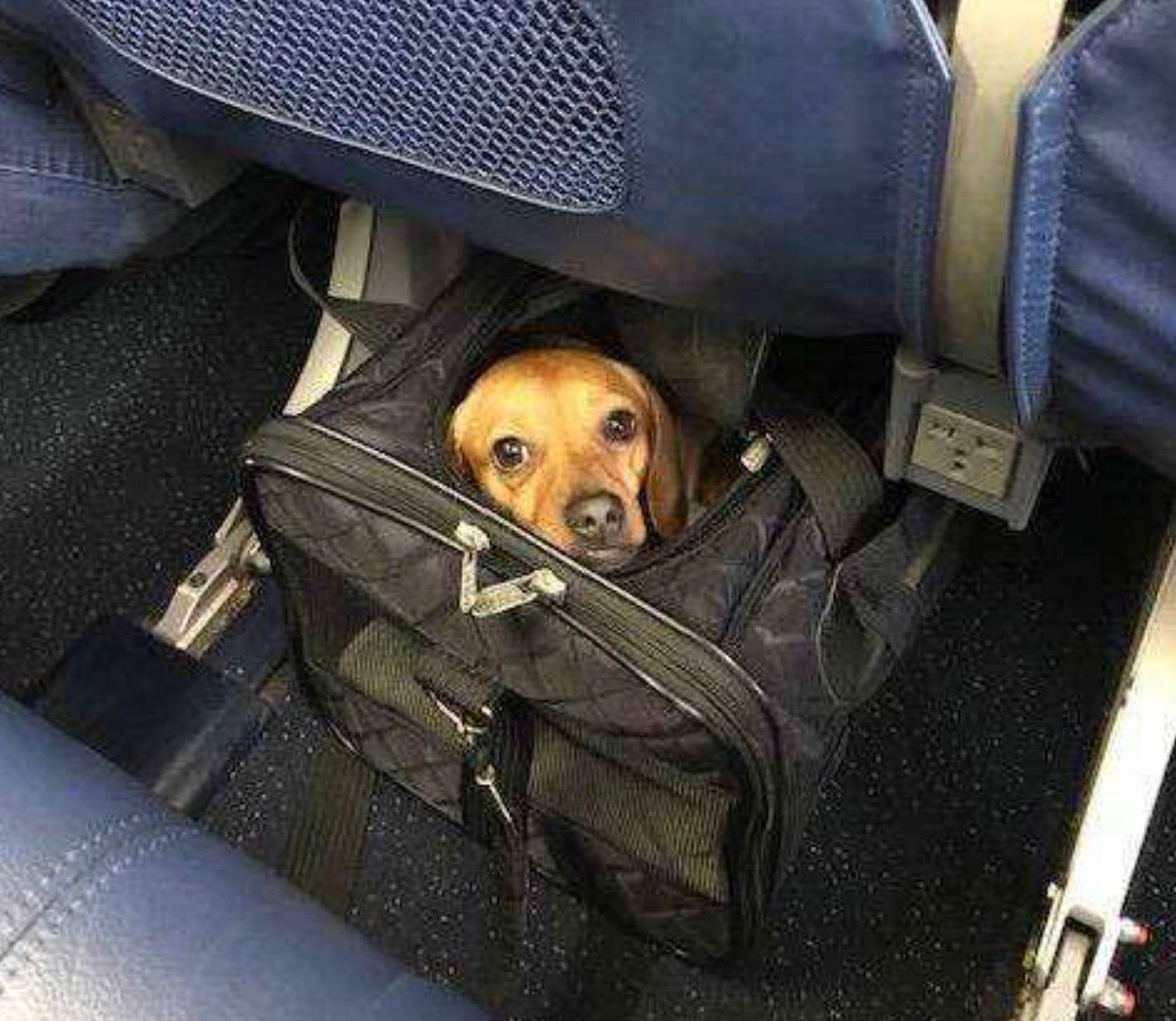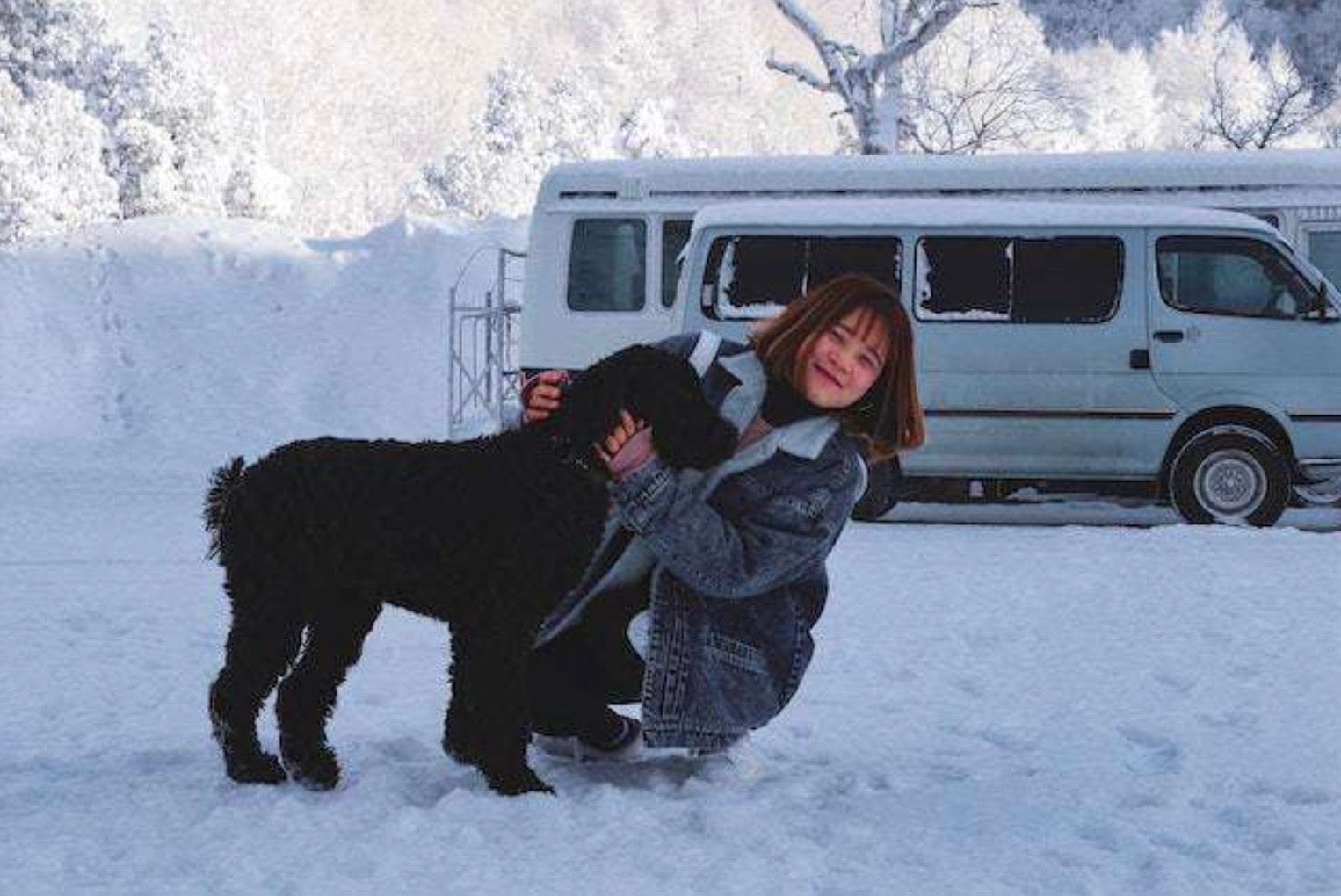Continental Pet Relocation: Expert Care for Stress-Free Pet Journeys
In today's globalized world, relocating with pets has become increasingly common, leading to a surge in demand for reliable pet transportation services. Among the top-searched companies in this field is Continental Pet Relocation, renowned for its comprehensive and compassionate approach to pet shipping.
A Legacy of Trust and Care
Founded in 2000 by Heather Blas, Continental Pet Relocation began as Charlotte Pet Services. Heather's lifelong passion for animals and her experience as a military family member highlighted the need for expert pet travel services. This inspired her to expand the company into the international pet relocation industry. Despite its growth, the company remains a family-operated business, emphasizing personalized service and meticulous attention to detail.
Comprehensive Services Tailored to Your Needs
Continental Pet Relocation offers a wide array of services designed to ensure a seamless experience for both pets and their owners:
- International Pet Shipping: Navigating the complexities of international pet travel, including documentation, transportation, and regulatory compliance, to ensure pets reach their new homes safely and stress-free.
- Document Services: Streamlining the paperwork process by efficiently handling import permits, health certificates, and other necessary documentation, allowing owners to focus on their pets' smooth relocation.
- Military Pet Shipping: Providing specialized services tailored to the unique needs of military families during Permanent Change of Station (PCS) orders and overseas deployments, ensuring seamless relocation for furry companions.
Commitment to Safety and Compliance
As certified USDA pet movers, Continental Pet Relocation adheres to procedures and standards that meet or exceed the Animal Welfare Act specifications and the International Air Transport Association (IATA) guidelines regarding the shipment of live animals. This commitment ensures that pets are transported safely and comfortably, with their well-being as the top priority.
Personalized Approach and Exceptional Communication
Understanding that each pet relocation is unique, the company offers a personal approach with step-by-step guidance and open communication throughout the entire process. From the initial consultation to the final delivery, their team is dedicated to providing support and ensuring a smooth transition for pets and their owners.
Client Testimonials and Reputation
The company's dedication to excellence is reflected in numerous positive client testimonials, highlighting their professionalism, compassion, and reliability. Clients consistently express satisfaction with the seamless and stress-free relocation experiences facilitated by Continental Pet Relocation.
Community Engagement and Charitable Contributions
Demonstrating a commitment to the broader community, Continental Pet Relocation donates a portion of their proceeds to various charitable organizations chosen by their clients. This philanthropic approach underscores their dedication not only to their clients but also to animal welfare and support for military families.
Navigating the Complexities of Pet Relocation
Relocating pets, especially internationally, involves navigating intricate country-specific import requirements, which vary based on species, breed, and age. Continental Pet Relocation stays updated on evolving airline and country regulations to ensure compliance for each pet. Their logistics cover meeting IATA standards, including approved travel crates and minimum connection times, ensuring that every aspect of the journey is meticulously planned.
Expert Team Dedicated to Pet Welfare
The team at Continental Pet Relocation comprises Pet Travel Consultants, Pet Handlers, and Veterinarians, all working collaboratively to ensure the safe transport of pets worldwide. Their combined expertise guarantees that pets receive the highest level of care and attention throughout the relocation process.
Conclusion
Continental Pet Relocation's prominence among top pet shipping searches is a testament to their unwavering commitment to safety, personalized service, and comprehensive care. Their dedication to facilitating stress-free relocations for pets and their owners, coupled with their community engagement, positions them as a trusted leader in the pet relocation industry. For those seeking a reliable partner in pet transportation, Continental Pet Relocation offers expertise and compassion, ensuring that every pet's journey is handled with the utmost care.











